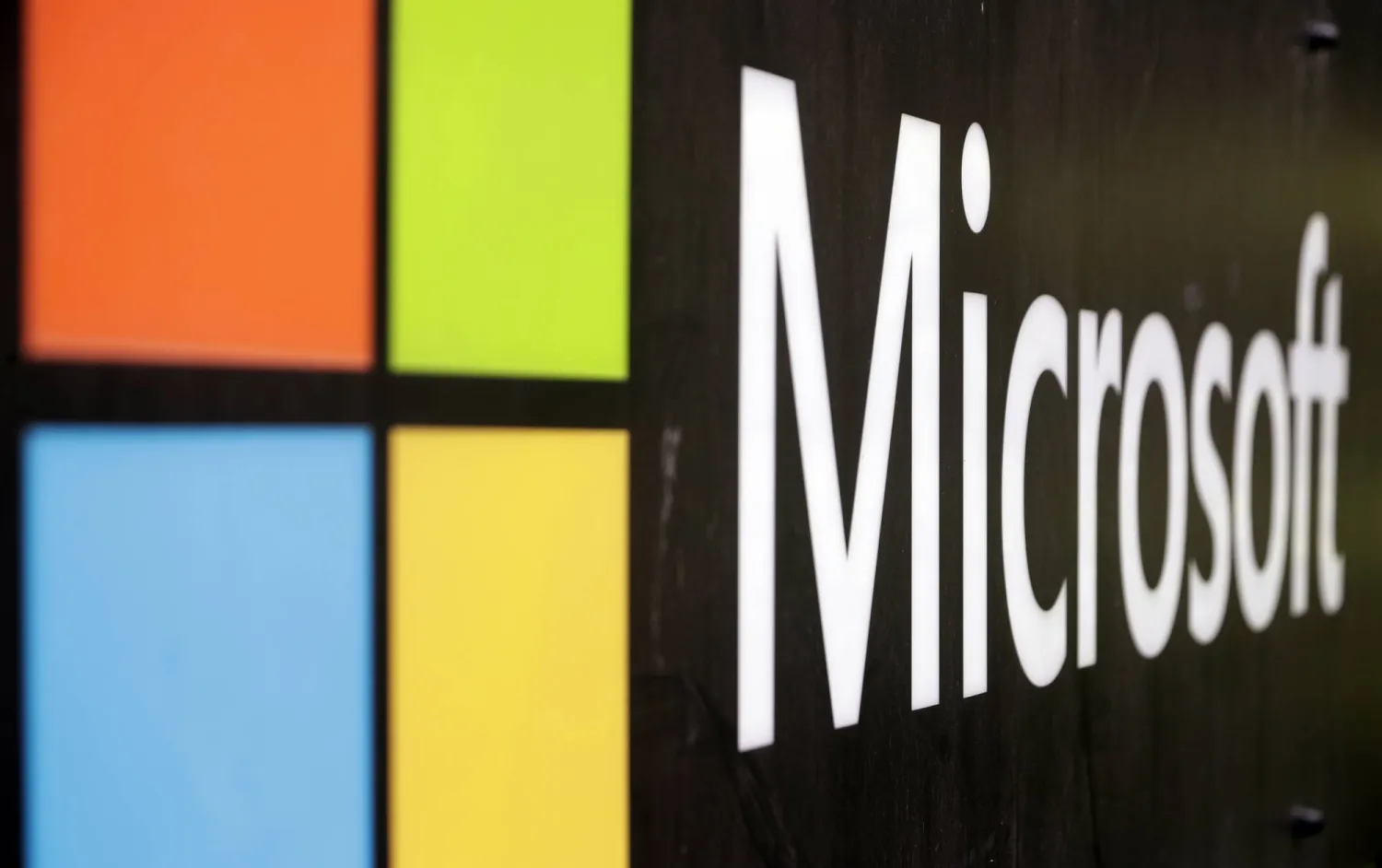Microsoft said Friday it is making sure that personnel based in China are not providing technical support for US Defense Department systems, after investigative news site ProPublica revealed the practice earlier this week.
Pentagon chief Pete Hegseth confirmed that work on Defense Department cloud services had been outsourced to people in China, insisting that the country will not have "any involvement whatsoever" with the department's systems going forward.
"Microsoft has made changes to our support for US Government customers to assure that no China-based engineering teams are providing technical assistance for DoD Government cloud and related services," the company's chief communications officer, Frank Shaw, said in a post on X.
ProPublica reported Tuesday that the tech giant was using engineers based in China -- Washington's primary military rival -- to maintain Pentagon computer systems, with only limited supervision by US personnel who often lacked the necessary expertise to do the job effectively.
US Senator Tom Cotton asked Hegseth to look into the matter in a letter dated Thursday, and the Pentagon chief responded that he would do so.
Hegseth then posted a video on X Friday evening in which he said "it turns out that some tech companies have been using cheap Chinese labor to assist with DoD cloud services. This is obviously unacceptable, especially in today's digital threat environment."
"At my direction, the department will... initiate -- as fast as we can -- a two-week review, or faster, to make sure that what we uncovered isn't happening anywhere else across the DoD," AFP quoted him as saying.
"We will continue to monitor and counter all threats to our military infrastructure and online networks," he added, thanking "all those Americans out there in the media and elsewhere who raised this issue to our attention so we could address it."









